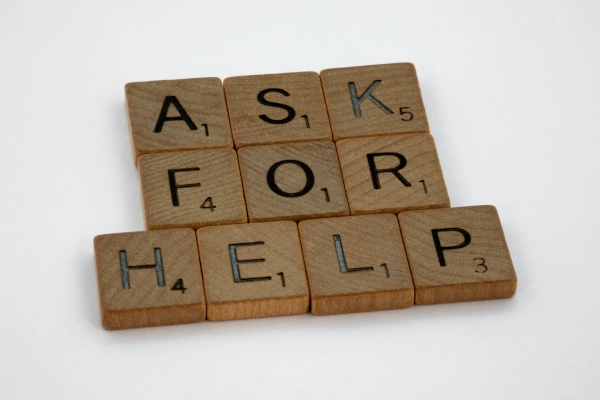The wellbeing of a business leader is important. Leaders are mostly under tremendous pressure to deliver and to ensure that everyone you are leading delivers. As a leader, you always must present a brave face and be strong for your team. It is your responsibility to cater for the wellbeing of your team. Who cares about the wellbeing of the business leader? Who cares if the leader is doing okay?
It is okay for the business leader to take time out and to look after themselves and their wellbeing. The analogy of a leader over-stretching themselves and not taking time out to recuperate is like leaving your mobile phone battery to completely run empty. Or running your car for years without servicing it or taking it for an MOT. These are not things that you will do. They may be things on which you may frown. Consider this scenario, where a member of your team missed a particularly important customer call or online meeting because their phone run out of battery, or their laptop stopped working during the meeting. You may find the situation unacceptable and potentially have a word with your employee about how unprofessional that was.
Warning Signs
Or a situation where your top Salesperson is giving a presentation to a prospective customer but appears so tired, worn out and fed up. The presentation does not go as well as it could have done. Again, you may become extremely disappointed and give the employee constructive feedback.
Leaders can also be in the exact positions described above, where you are so stressed that you are not at your best. There may be too many priorities to juggle, too many issues to solve, with not enough time or resources to deliver. You may be worrying about financial constraints that your business may be facing, the lack of staff to fill vacancies that you may have, low staff morale, drop in productivity amongst many other things. It may be affecting your wellbeing.
You may have convinced yourself that it comes with the territory and that every leader is facing similar challenges. But they are all coping extremely well with it. You must also show that you are doing great and coping well. However, there may be times when you may struggle to cope. You may be experiencing exhaustion, both physical and emotional. This may affect your sleeping patterns, behaviours, relationship with your employees, stakeholders and personal relations.
Knowing when to ask for help
Asking for help is a sign of strength. Very few leaders can reach out and ask for help. Why should you? After all, you are the person that everyone comes to for help. However, if you are self-aware, you will know when you need help. You should be asking for help before you run empty before you burn-out. A coach can be a good point of call for help. They will be able to give you an independent perspective. They can signpost you to extra resources you may benefit from accessing.

Having someone you can talk to and confide in, in a non-judgemental way can give you the confidence and reassurance that it is okay to ask for help.
Asking for help will assist with your development. You will become more empathetic and become a better leader as a result.
Taking Time Out
Taking time out of work can be extremely difficult. Most leaders struggle to do so. The inability of leaders to switch off at the end of the working day, intentionally or unintentionally often leads to you working extremely long hours. Back to back meetings during working hours and other work commitments during the working day mean that most leaders are catching up with your ‘day jobs’ out of office hours and during weekends. This leaves you with very little room to spend time with your family and friends. It leaves you no ‘me’ time.
Switching off during a longer holiday, for a well-deserved break is even harder. Most leaders go on ‘working holidays’. You take your laptops, tablets, and mobile phones with you and check your emails. When possible you join in meetings virtually and receive regular updates on what is happening at work. You will pretty much be at the heart of decision making, providing direction for your team and ensuring that your customers are satisfied.
‘Working holidays’ can however be very stressful for you and anyone that you may be on holiday with. You can’t enjoy your holiday. The people with you can’t enjoy the holiday either. Just work in a different location. No rest, no relaxation, no fun. You end up going back to work more stressed than you were before you went on holiday.
5 Top Tips
- Ask for help. Ask for help at the earliest opportunity. Do not leave it until it is too late to ask for help.
- Be open to the help and support you are offered or receive.
- Create time for you. Carving regular ‘me’ time will help you to focus on yourself. Self-care is very important. You will be in a better position to help others if you are better at looking after yourself.
- Take time out. Engage in activities you enjoy. Spend time with people who matter to you. Have a bit of fun.
- Build a great network of support around you.
Read more on leadership wellbeing and how to avoid burn-out.

